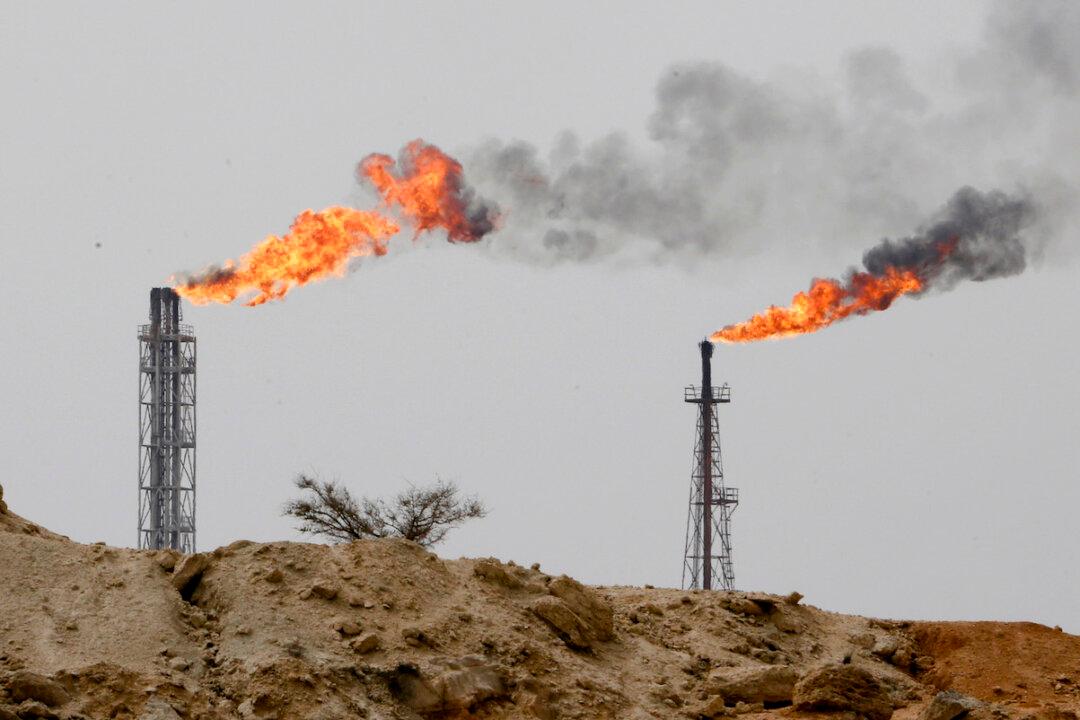The head of the Department of Homeland Security’s (DHS) cybersecurity agency warned that following the ransomware attack that shut down the Colonial Pipeline, more and more attacks may hit American infrastructure and businesses in the near future.
Acting Cybersecurity and Infrastructure Security Agency (CISA) Director Brandon Wales made that assertion before the Senate Homeland Security Committee on May 13.





